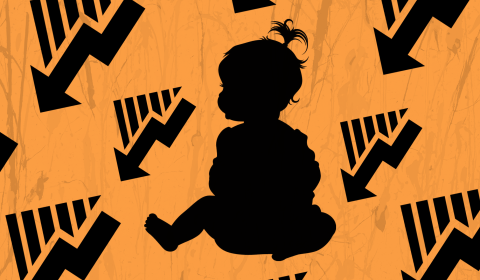A judge has ruled South Korea’s current climate goals as ‘unconstitutional,’ securing a landmark victory for young environmental activists who launched the case. The first-of-its-kind case in South Asia could set a precedent for other nations in the region.
Climate cases are popping up all over the world, but today’s ruling marks the first win of its kind to occur in South East Asia.
South Korea’s government has been ordered by the Constitutional Court to ramp up its environmental policies, more specifically, to provide greater details on how it aims to reach its 2049 climate goals.
This is all thanks to 254 local activists, who were plaintiffs in the case. Back in 2020 – when most of them were children of teenagers – they filed the lawsuit, accusing their leaders of violating their human rights by failing to cut greenhouse gas emissions.
Although the court did not require the government to improve the current strategy for its 2030 climate goals, it did agree that there needs more robust plans for reaching carbon neutrality between the years of 2031 and 2049.
This is the first ever legal case in East Asia to challenge national climate policies – and it could set a precedent for other nations in the region.
South Korea’s constitutional court rules that many of the country's climate change laws are unconstitutional pic.twitter.com/WLT0kYo9Ny
— TRT World Now (@TRTWorldNow) August 29, 2024











 BREAKING – Citizen's victory in
BREAKING – Citizen's victory in  The Verdict finds Article 8.1 of
The Verdict finds Article 8.1 of 







